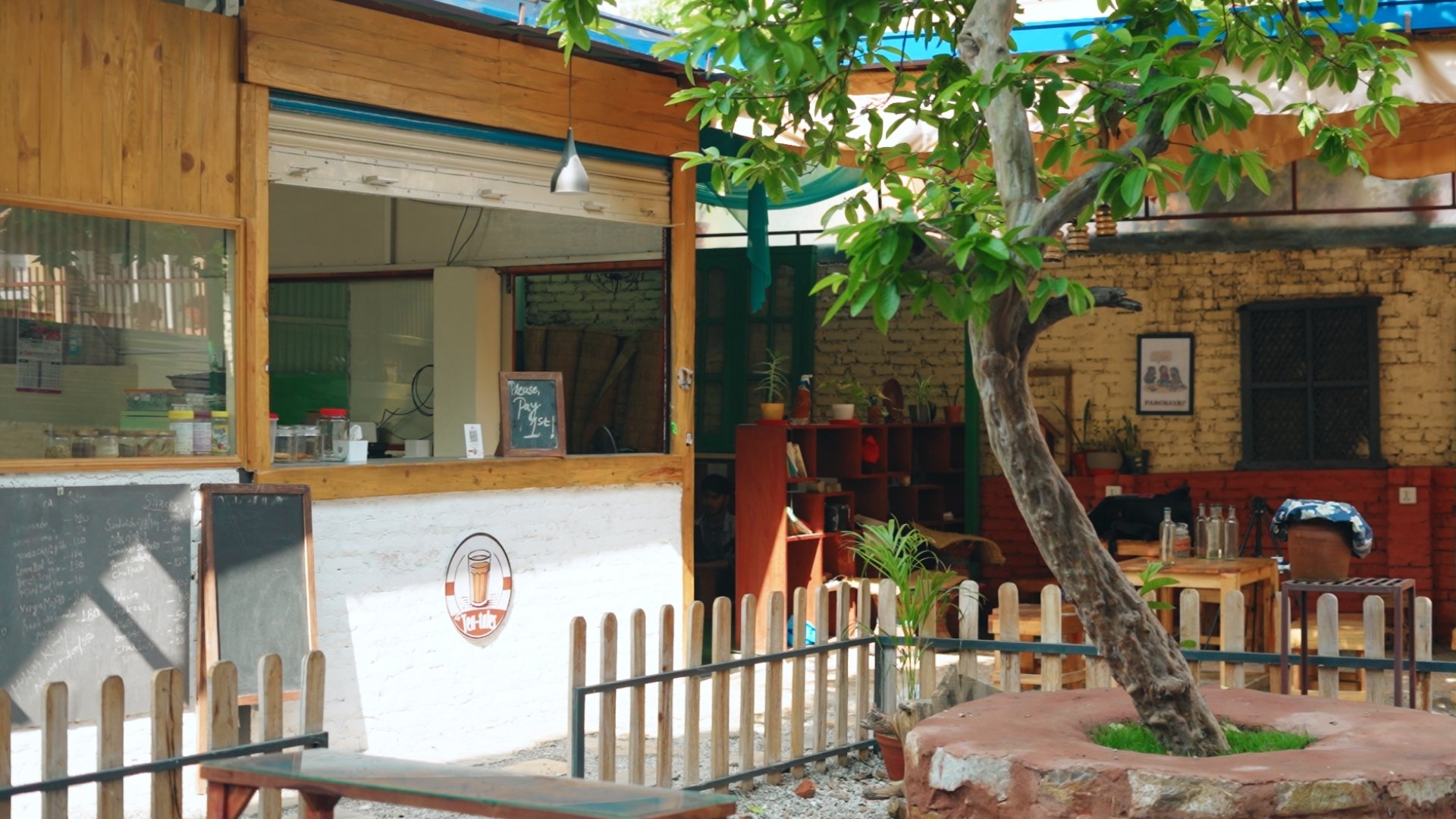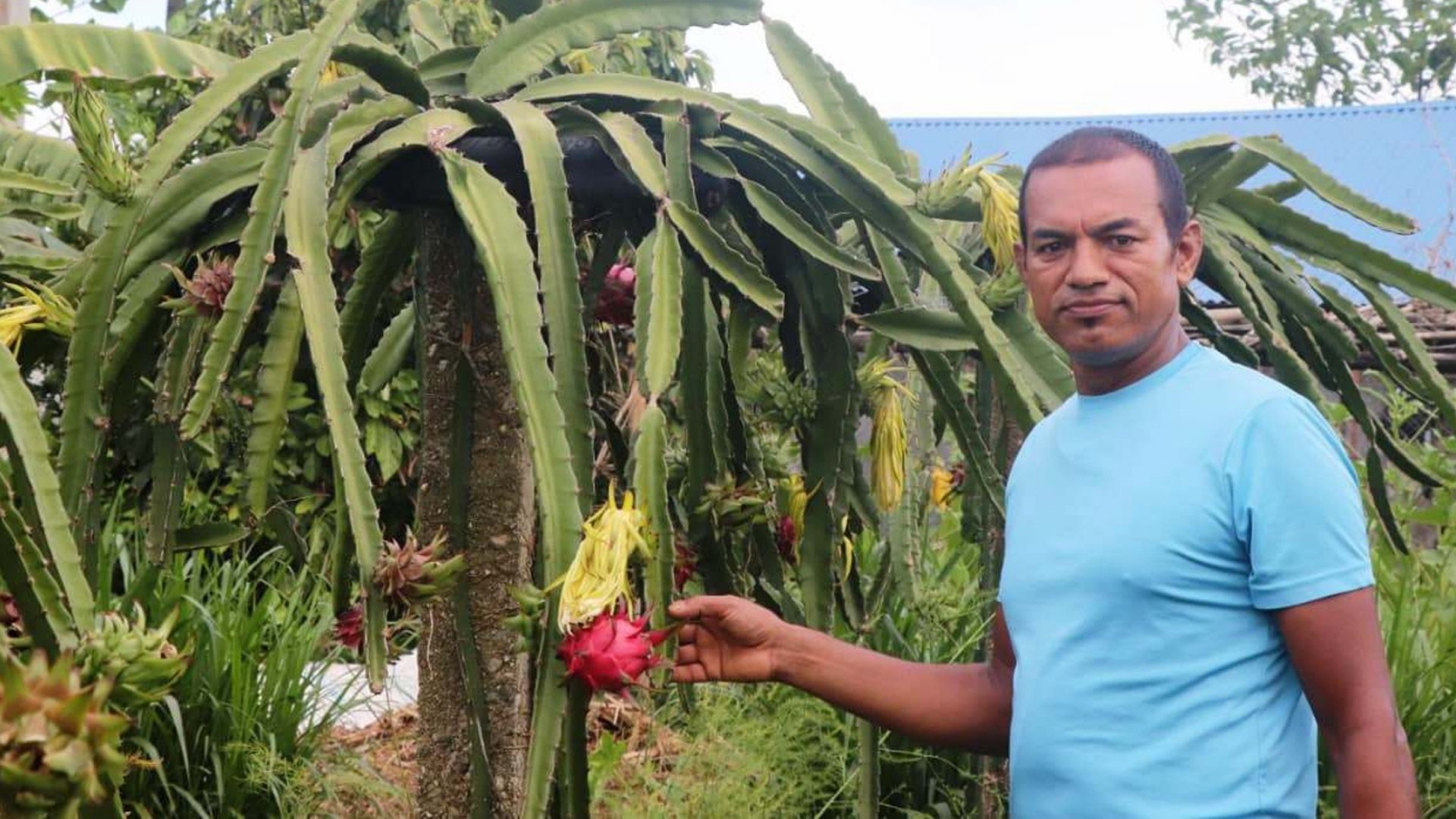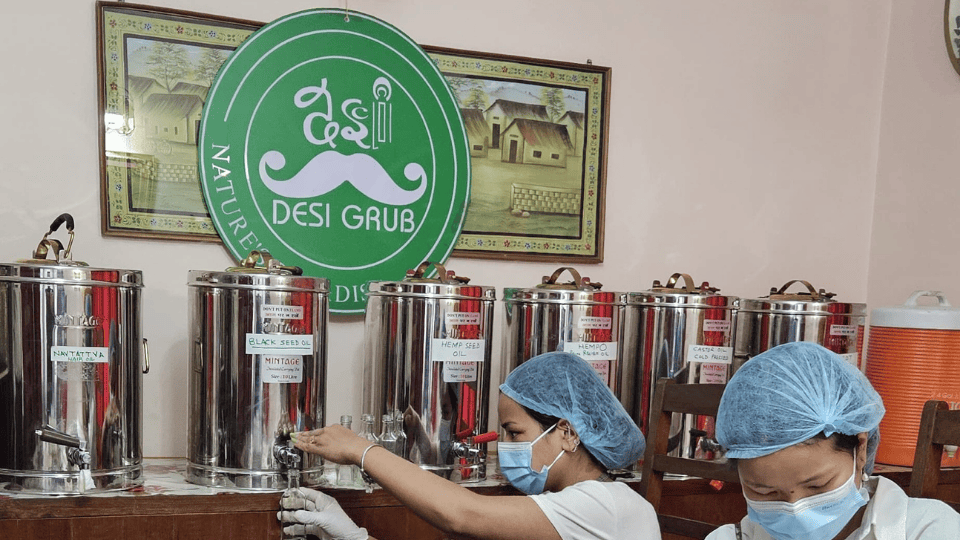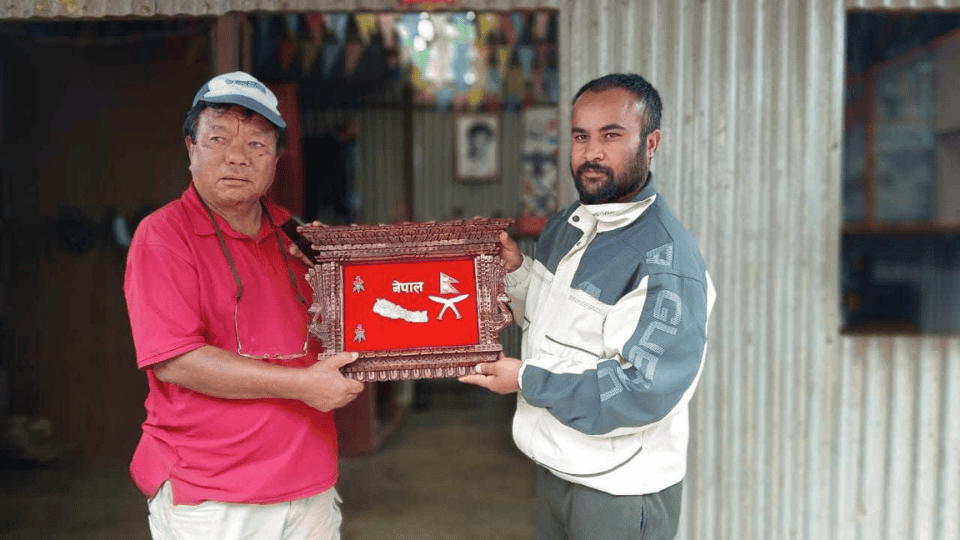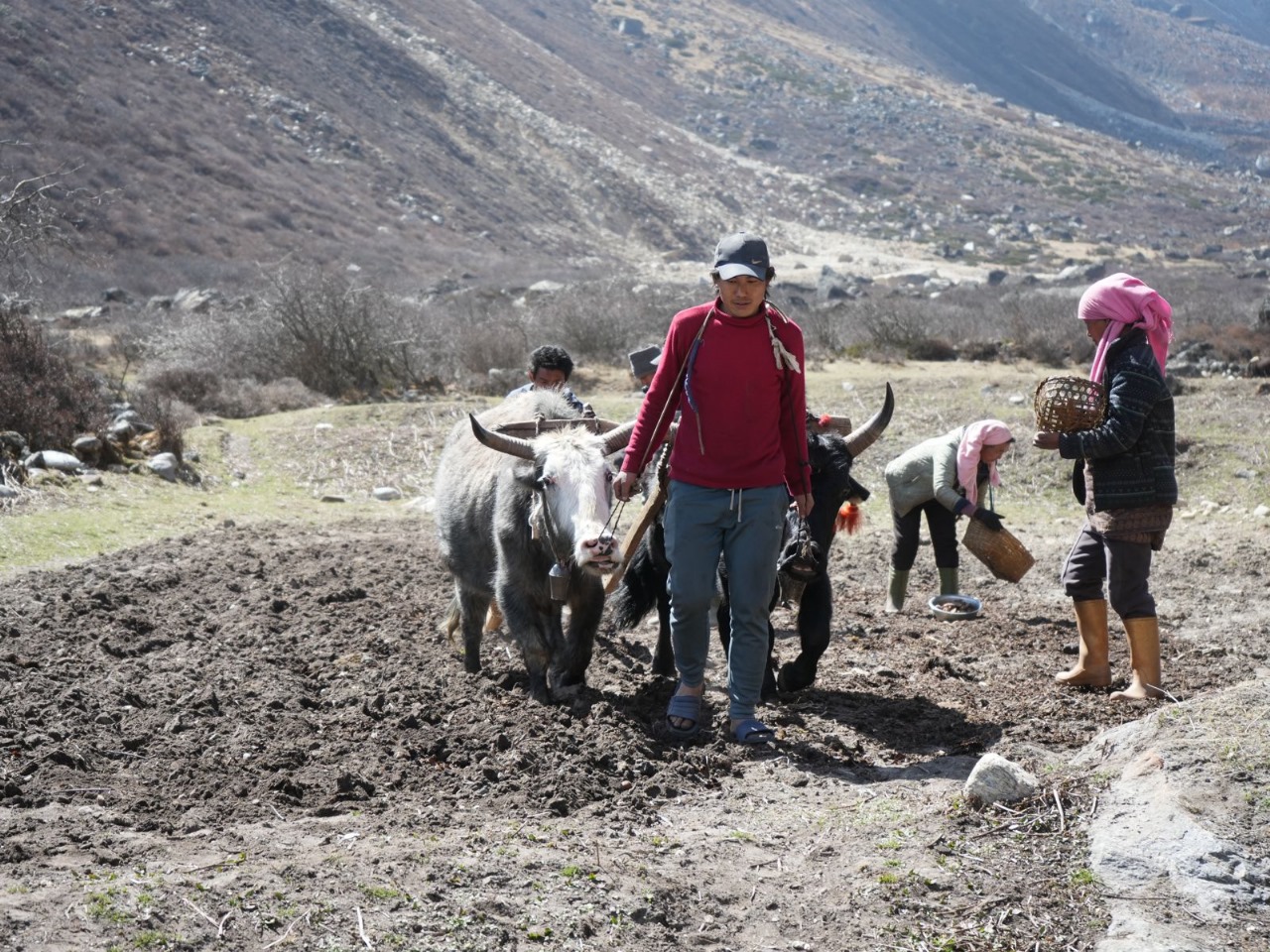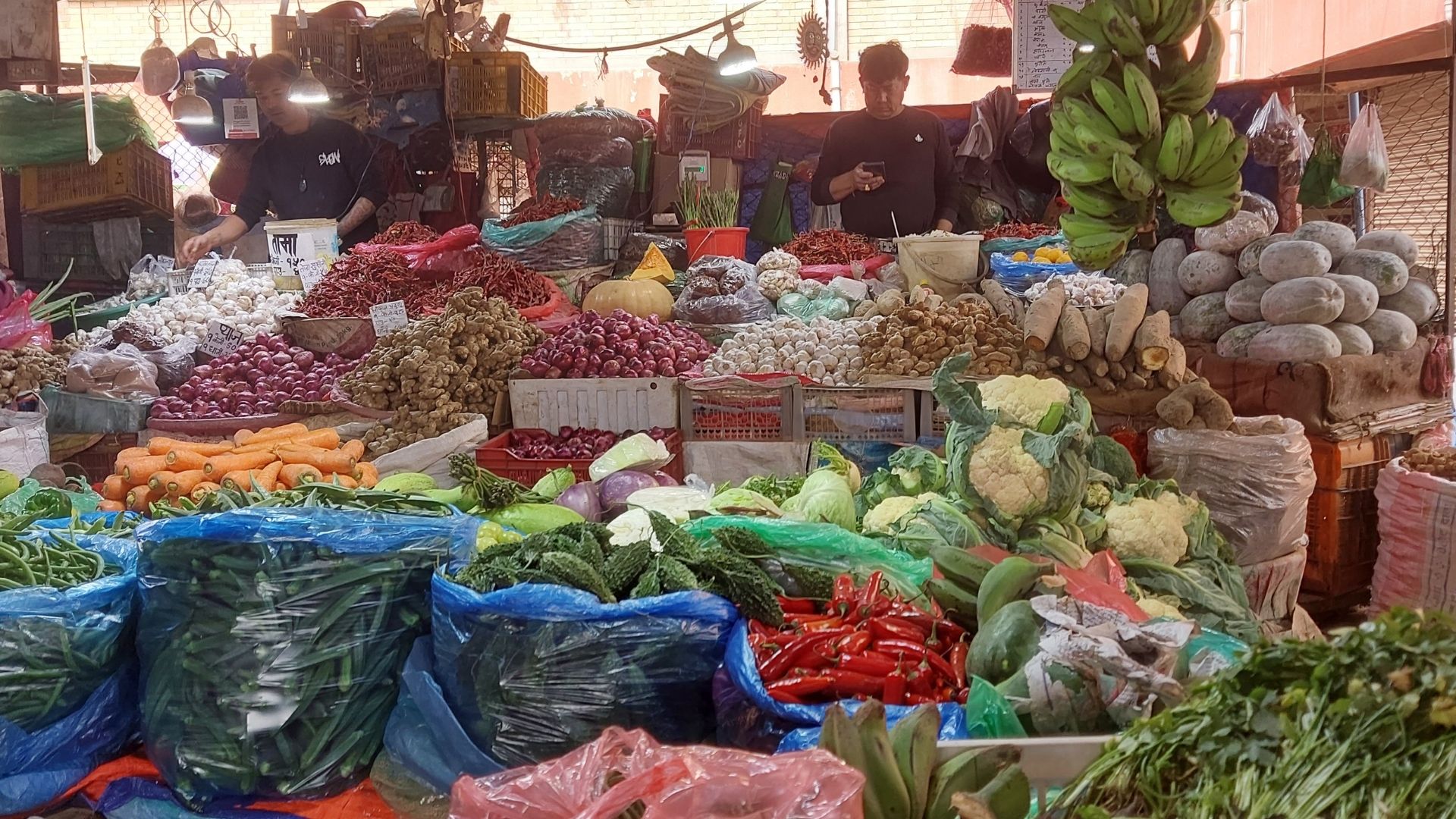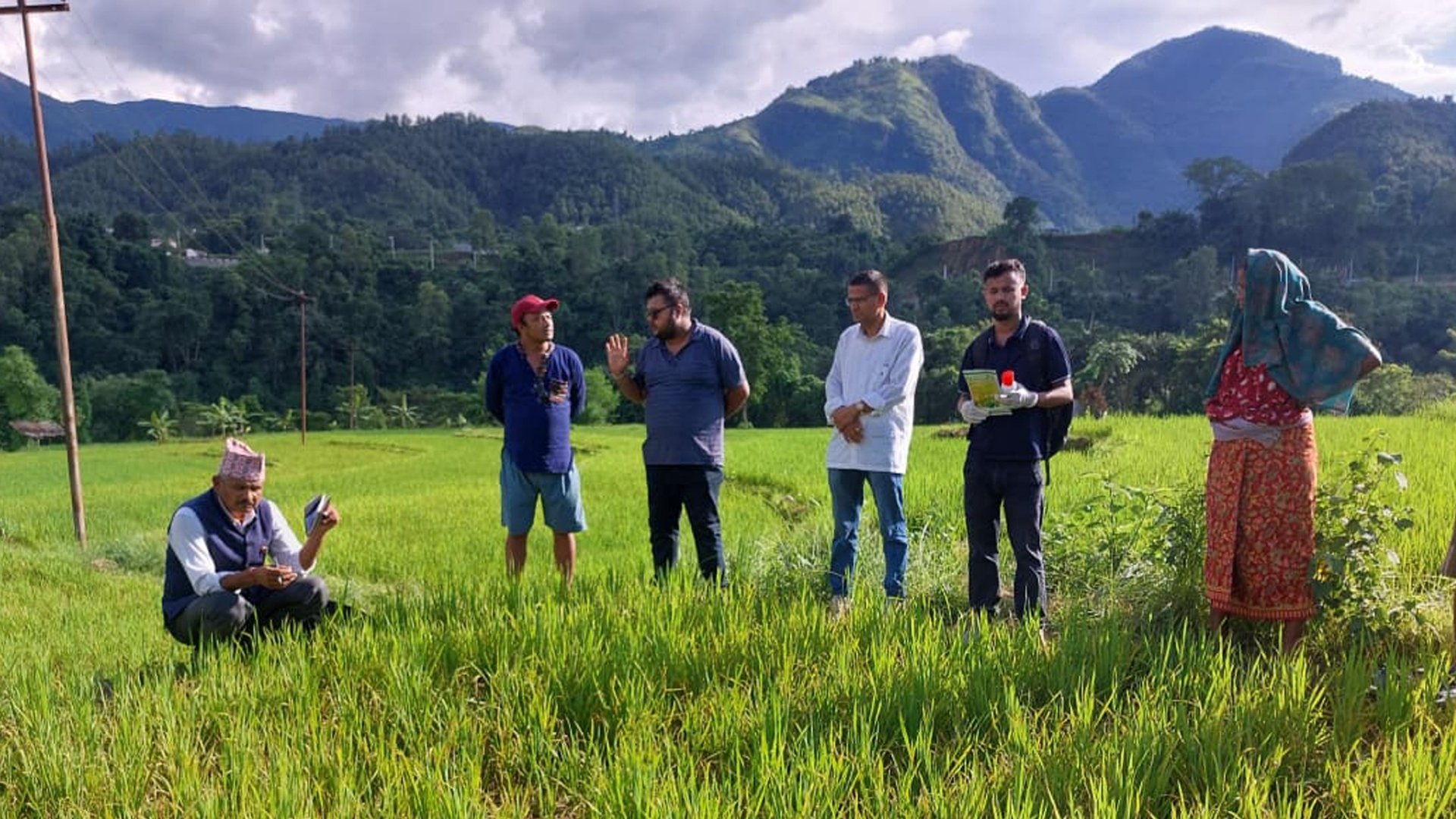Many small businesses focus only on the product, but long-term success depends on understanding the customer. In Nepal, buying decisions are shaped by trust, social proof, price sensitivity, and word-of-mouth. Here’s how to tap into how Nepali customers really think.
“If you know how your customers feel, you’ll know what they’ll buy.”
1. Trust Is Everything
- Most customers rely on past experiences or family recommendations
- Building trust is more important than having the lowest price
- Show reliability — open on time, deliver as promised, speak politely
2. Word-of-Mouth Still Works
Especially in smaller towns and local communities, one satisfied customer can bring five more. Focus on:
- Delivering consistent quality
- Being helpful and polite, even if they don’t buy today
- Encouraging referrals through loyalty programs or thank-you calls
3. Price Sensitivity Is High — But Not Absolute
Many Nepali customers compare prices. But if you offer:
- Better packaging
- Longer durability
- Reliable after-sale service
…many will accept a higher price. Explain the value clearly when they ask why it costs more.
4. Social Status and Visibility Matter
People often buy based on what their friends, family, or neighbors use. This is especially true for:
- Clothing and fashion
- Mobile phones
- Food and snacks (brands with “prestige”)
If your product looks trendy or has visible packaging, customers may feel more proud to use or share it.
5. Nepali Customers Notice Small Gestures
- Offering tea or water builds connection
- Remembering regular customers’ names and preferences increases loyalty
- Even saying “dhanyabaad” sincerely makes a difference
6. Risk-Averse Thinking Is Common
People prefer known brands, visible results, or community-tested products. To reduce buyer hesitation:
- Offer a free trial or small-size sample
- Give a satisfaction guarantee (even informally)
- Use social proof — “Many customers from this area use this”
“You’re not just selling a product — you’re shaping how someone feels about buying it.”
Final Words
In Nepal, business is personal. It’s built on relationships, trust, and local reputation. If you observe customer behavior, ask simple questions, and deliver with honesty, your business will not only grow — it will last.


